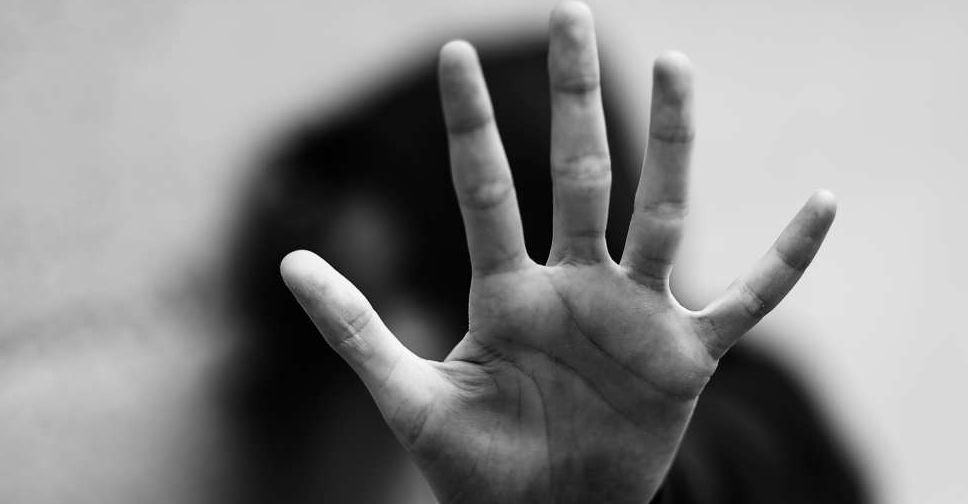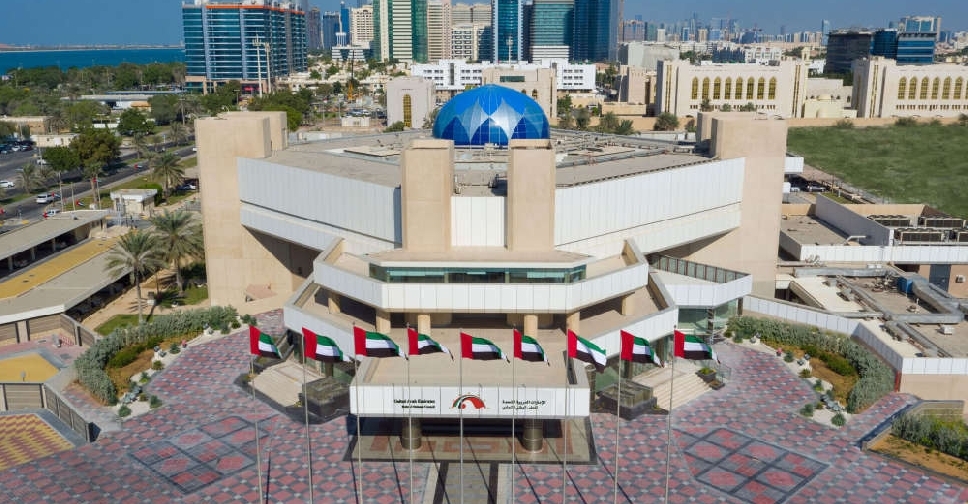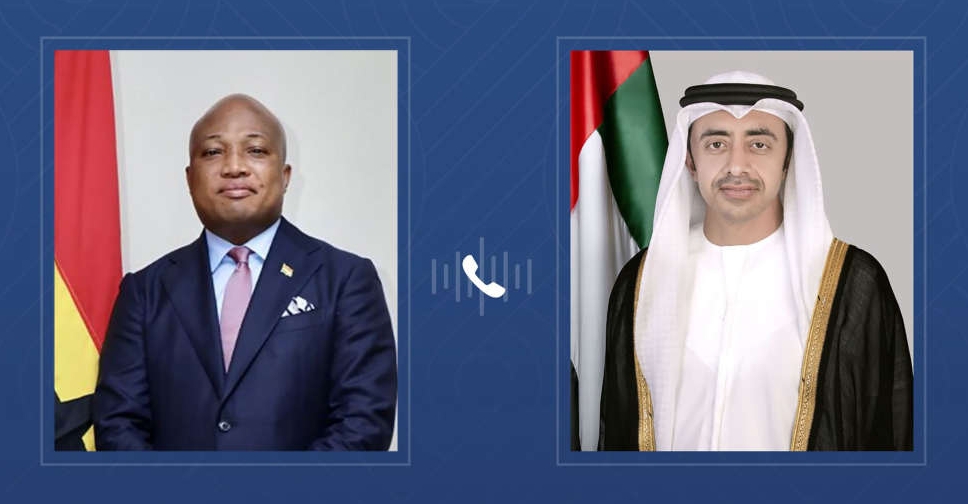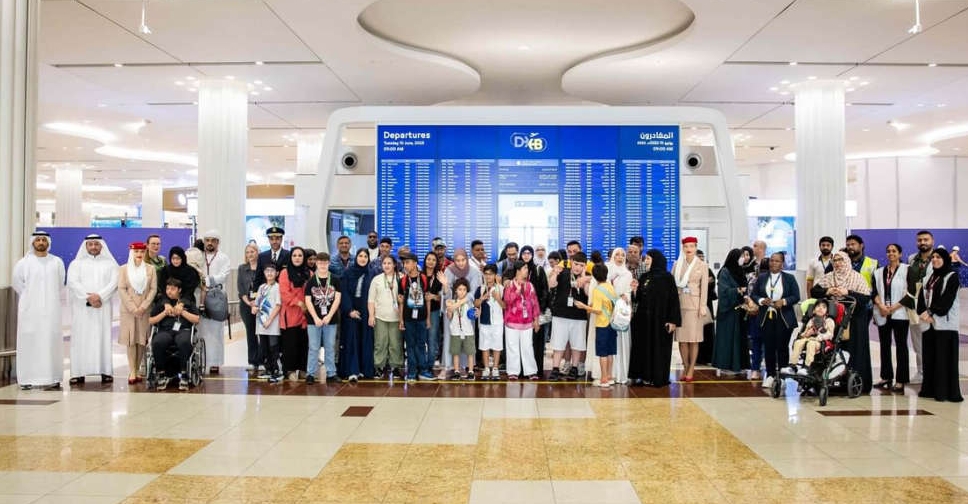
Turnout for Iran’s parliamentary election, seen as a test of the clerical establishment’s legitimacy, appears to have hit a historic low of around 40 per cent, according to unofficial reports in Iranian media on Saturday.
Heavyweight moderates and conservatives stayed away from Friday's election and reformists called it unfree and unfair as it was mainly a contest between hardliners and low-key conservatives loyal to Islamic revolutionary ideals.
Mohammad Khatami, Iran's first reformist president, was among the critics who did not vote on Friday.
Imprisoned Nobel Peace Prize laureate Narges Mohammadi, a women's rights advocate, in a statement shared by her family with Reuters, called the election a "sham".
The Hamshahri newspaper called the turnout "a 25-million slap” to calls for an election boycott, in a front-page headline next to a depiction of a ballot paper smacking US President Joe Biden in the face.
If the turnout figure is officially confirmed, it would be the lowest turnout since Iran's Islamic revolution in 1979.
Iran’s Supreme Leader Ayatollah Ali Khamenei accused Iran's "enemies" - a term he normally uses for the United States and Israel - of trying to create despair among Iranian voters.
The election follows anti-government protests in 2022-23 that spiralled into some of Iran's worst political turmoil since the revolution and coincided with growing frustration over the country's economic woes.
Over 15,000 candidates ran for the 290-seat parliament on Friday.
The parliamentary election was twinned with a vote for the 88-seat Assembly of Experts, an influential body that has the task of choosing 84-year-old Khamenei's successor.
Hardline President Ebrahim Raisi was re-elected to the Assembly of Experts with 82.5 per cent of the vote, the interior ministry announced on Saturday.
Hassan Rouhani, a pragmatist who was elected president in landslide wins in 2013 and 2017 promising to reduce Iran's diplomatic isolation, was banned from running, drawing criticism from moderates.

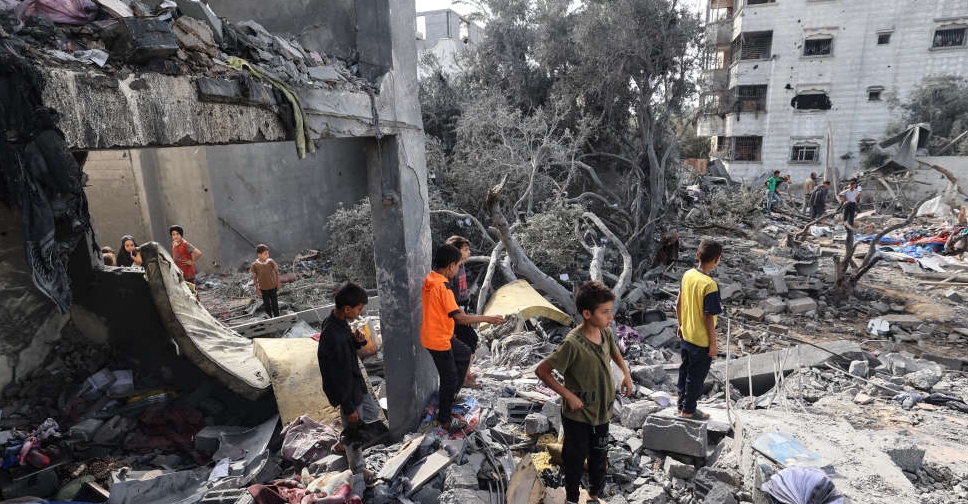 Hamas seeks ceasefire guarantees as scores more killed in Gaza
Hamas seeks ceasefire guarantees as scores more killed in Gaza
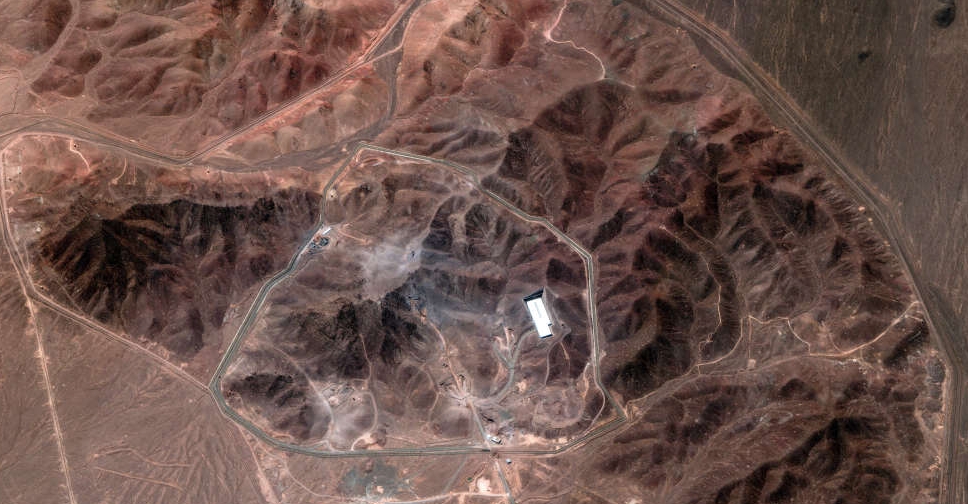 Iranian nuclear programme degraded by up to two years, Pentagon says
Iranian nuclear programme degraded by up to two years, Pentagon says
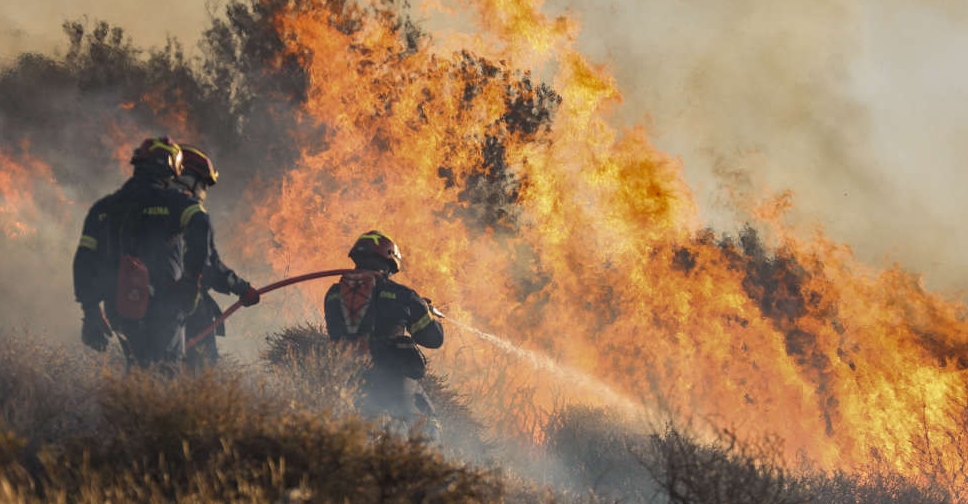 Wildfire on Greek island of Crete scorches forest, forces evacuation of over 1,000
Wildfire on Greek island of Crete scorches forest, forces evacuation of over 1,000
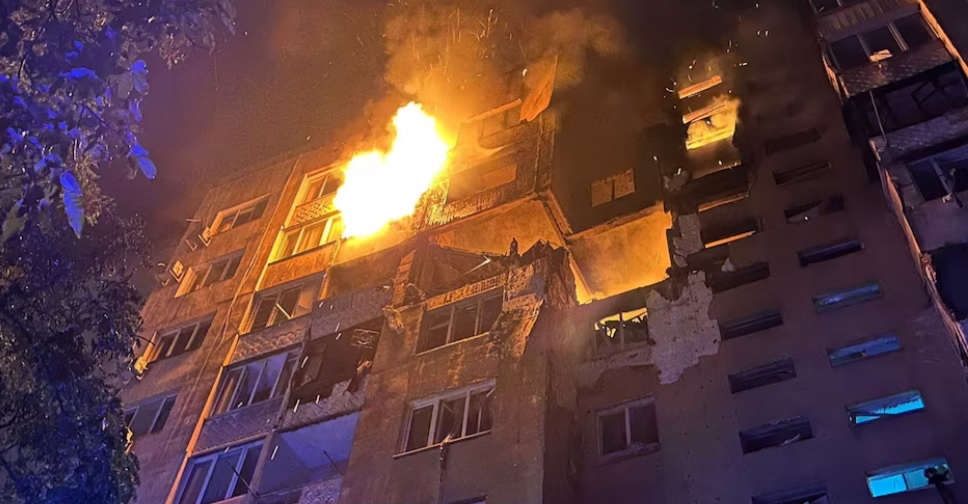 2 children among 5 injured in Russia's air attack on Odesa, Ukraine says
2 children among 5 injured in Russia's air attack on Odesa, Ukraine says
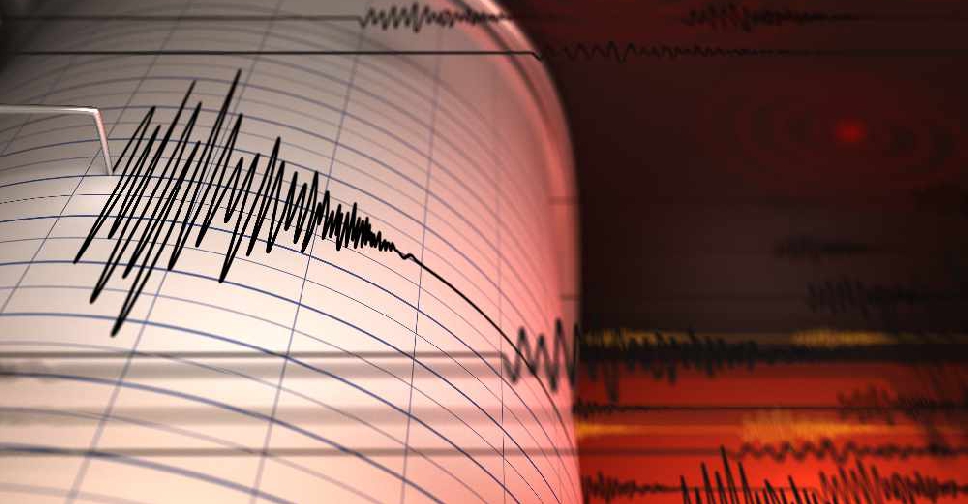 Magnitude 5.5 earthquake strikes southwestern Japan
Magnitude 5.5 earthquake strikes southwestern Japan
